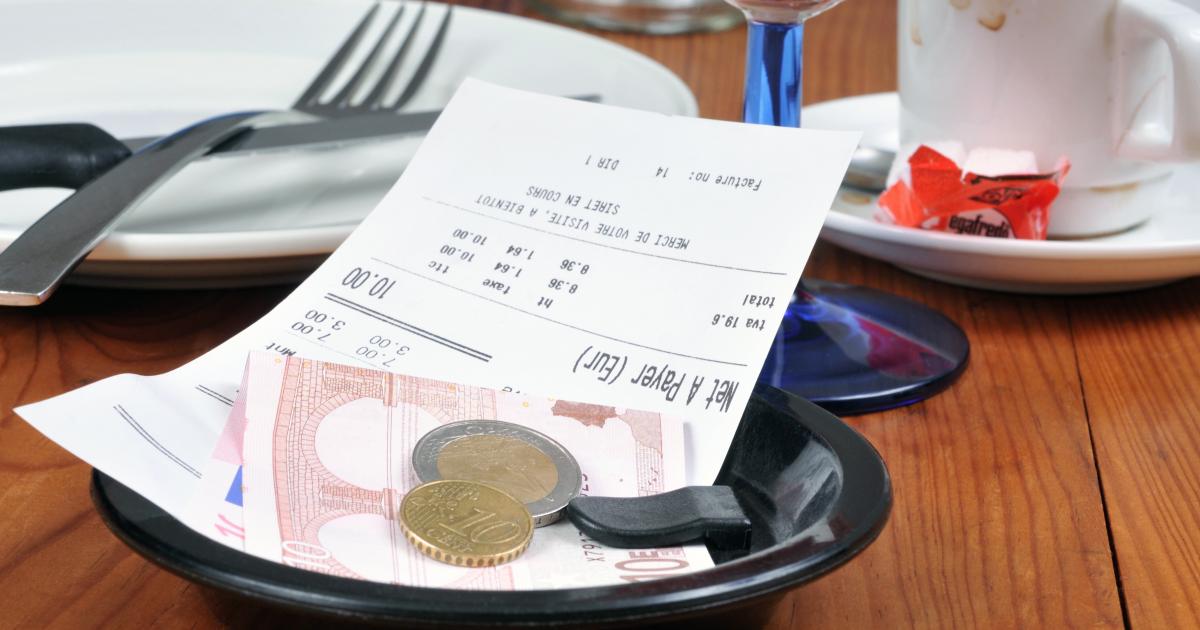
Suggested video What products are in season in August?
Video 1 of 2
Recently, an unusual incident in Italy brought to light the issue of restaurant supplements. Two British tourists were charged an extra 2 euros at an Italian restaurant just for asking for their sandwich to be cut in half. This event, which occurred on June 18 while the friends were seated at “Bar Pace” in Gera Lario, near Lake Como, sparked outrage and bewilderment among customers. They expressed their disbelief by sharing their experience on TripAdvisor, drawing attention to the unusual practice. The restaurant owner tried to justify this charge by explaining that the additional requests incur costs because they require the use of two plates and prolong the washing time. This story raises several questions: is this type of practice possible in France and how are supplements regulated in our country?
Read also : restaurant: can you be refused a table if you are alone?
Supplements are a common practice in restaurants, affecting a wide range of products such as condiments, special seasonings and garnishes. But where is the limit? We still remember the incident where a simple slice of lemon in a glass of sparkling water sparked controversy in a Parisian café a few years ago. Overall, the “generosity” that characterizes French restaurants is not quite the same in other countries.
In France, things are managed a little differently. Customers don’t have to pay extra for bread, unlike some places like Italy. Similarly, the water carafe, cutlery and even the tablecloth do not come with additional costs. The law does not restrict restaurateurs in terms of setting surcharges for certain products or services. However, these little free attentions are well anchored in French habits, and it would be difficult to get rid of them. It is often for this reason that French tourists are easily bumped into when eating out abroad.
When it comes to setting the surcharge limit, the restaurateur must be transparent with regard to information. Customers should be told clearly and honestly about any surcharges they may incur. This information must be displayed in a visible and understandable way on the menus or the cards, or be stipulated by the waiter when taking the order.
The restaurateur must also respect “recipe integrity” and not charging extra for items that are intrinsic to the preparation of a dish. The customer should not feel penalized for elements that are expected and considered part of the dining experience. We can take the example of mussels marinières which are intrinsically served with fries.
Source:https://www.750g.com/supplements-au-restaurant-que-peut-on-vous-faire-payer-en-plus-en-france-a34593.htm


